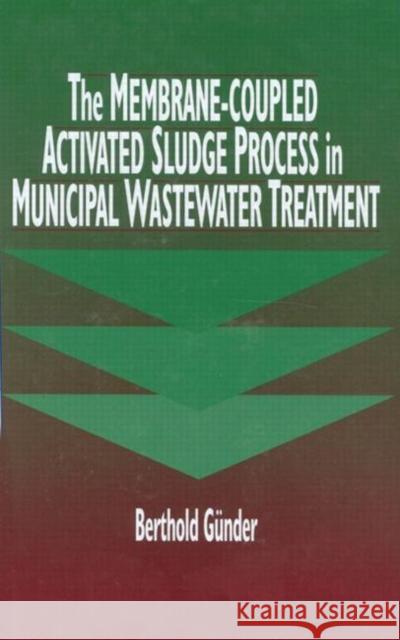The Membrane-Coupled Activated Sludge Process in Municipal Wastewater Treatment » książka
The Membrane-Coupled Activated Sludge Process in Municipal Wastewater Treatment
ISBN-13: 9781566769594 / Angielski / Twarda / 2000 / 196 str.
This book represents a milestone. It is the first overall presentation that summarizes the membrane-coupled activated sludge process (MCASP) in its entirety. The volume offers a thorough survey of current know-how, an explanation of the operational MCASP in municipal plants with full-scale membrane modules, and a description of its advantages and disadvantages. A new approach for calculating excess sludge production and oxygen consumption for the oxidation of carbon compounds is discussed. This approach details correct values for various wastewater streams-from very small to very high sludge loads. Derived values are then related to regulatory criteria and process design alternatives. This book also addresses the relationships between the alpha factor and the concentration of mixed liquor suspended solids (MLSS), as well as engineering issues such as: membrane performance, energy requirements, and the removal performance of membrane systems. The findings in The Membrane Coupled Activated Sludge Process in Municipal Wastewater Treatment support the practical applicability of the MCASP to smaller wastewater operations ranging from modest-sized municipal treatment plants to facilities serving only one structure. In addition, the MCASP process is shown to be applicable in water reuse operations. The Membrane Coupled Activated Sludge Process in Municipal Wastewater Treatment demonstrates that sewage treatment problems for various types of waste streams-from rural to suburban-can be solved with MCASP. All the required design and operational data for implementing this technology in wastewater treatment can be found in this book.











